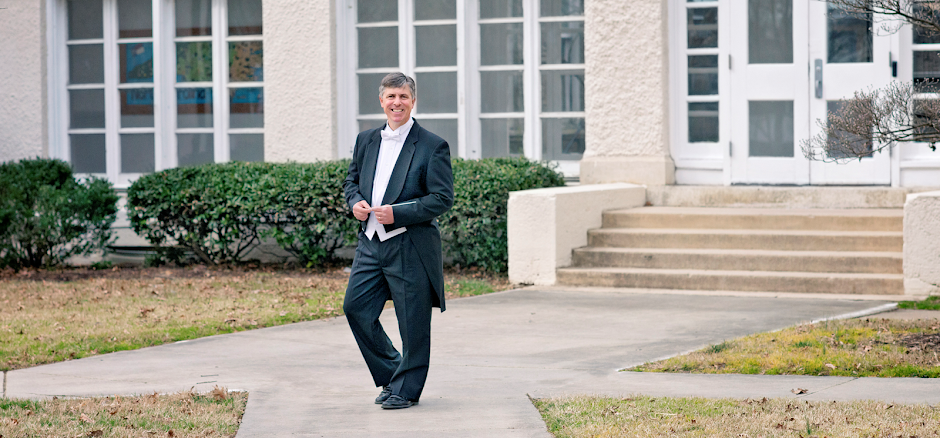Is Slow Practice Really Necessary?
Like everyone else in the world who has ever taken music lessons, I’ve been urged to practice slowly on many an occasion.But did I heed my teachers’ advice?
Nope.
After all, what’s the point of slow practice? Everything is easier slower – of course you can play things more accurately at a slow tempo. What’s the big deal?
But…why do so many people swear by slow practice?
Slow practice in the martial arts
I began dabbling a bit in the martial arts when I went to college. My karate sensei would often make us practice our techniques in super slow motion to ensure we were using proper form and really developing an understanding of the nuances of each movement.Of course, it took me a while to understand why we were doing this. At first, as in music, I thought it was a waste of time. But then I realized how much more difficult it was to punch or kick in slow motion. It required a much deeper understanding of what each movement actually required. Slowly (ha, ha), I came to understand where I had missed the boat all these years.
The point is not whether the punch or kick hits the target (or whether you nail the shift or get the note in tune), but whether you do everything correctly along the way. Meaning, are you keeping your key muscles loose? Are you moving all of your muscles in the most effective way? Are you maximizing accuracy and efficiency? Are you nailing every single tiny little detail?
Slow practice in music
I had forgotten all about this until very recently, when I had the pleasure of interviewing Philadelphia Orchestra concertmaster David Kim for a book I’m working on.He revealed that one of the keys to his success (and building confidence as well) is super slow practice. A process of practicing in slow motion – while being fully mindful, highly engaged, and thinking deeply in real-time about what he is doing.
Incidentally, this is not a painful torturous process, but often an engrossing and gratifying one. A way in which to open up the door to many satisfying micro-discoveries that could ultimately be the key to getting a phrase to sound just so, and communicating exactly what it is that you intend.
This is much like what golfing great Ben Hogan apparently did to hone his golf swing – check out this video of Hogan demonstrating how he works on his stroke in slow motion.
Two misunderstandings
So why don’t we do more slow practice? It’s not because we’re lazy; I think it’s just a big misunderstanding.1. We are too concerned with the outcome, not the process
Meaning, we forget that how we get there is just as important as whether or not we do.The point of slow practice is not just to slow things down in order to play it perfectly. It’s about fine-tuning the execution, and looking for additional ways to play it even better while we are playing slowly enough to monitor and think about the little details.
Are you cultivating the right habits, so that when the tempo increases, you are still playing it the right way? Or are there lots of inefficiencies, or bad habits that will lead to breakdowns when you increase the tempo?
2. We don’t practice slowly enough.
Since the whole point is to be able to think, monitor, and analyze our technique as we are playing, practicing at a moderate tempo defeats the purpose. It’s too fast for us to observe, fully process, and tweak all the little details.The idea is to utilize super slow practice so that we can pay attention to all the subtle nuances of our mechanics, increase our awareness of what is actually happening, and find ways to make things better.
So it might be more accurate to think of this as slow-motion practice or super-slow practice, rather than regular old slow practice, which tends to lead to mindless play-throughs of a passage at a moderately slow tempo.
Read this article written by martial arts expert Peter Freedman, which helps to clarify what we ought to be doing when we’re practicing slowly.
Take action
Try it out! And don’t forget to have your practice notebook handy, as you will undoubtedly discover new solutions and subtle technical details that you weren’t previously aware of.Bonus reading: Download this great article about how the brain and muscles work together to develop our skills, specifically in music. It’s written by neurologist and author Dr. Frank Wilson, and is one of those classic must-reads that has often been passed around from musician to musician.
UPDATE: Need some help going from slow to fast? Here are some ideas from Gerald Klickstein.
UPDATE: Came across a study once which suggested that in some cases we learn faster when we emphasize speed over accuracy (What?! Sounds like heresy, I know). Here’s a cool exercise that gets at this idea.
If you're new here, you may want to sign up for free email updates and get a copy of my practice hacking guide (RSS feed also available).
Thanks for visiting!
Thanks for visiting!
